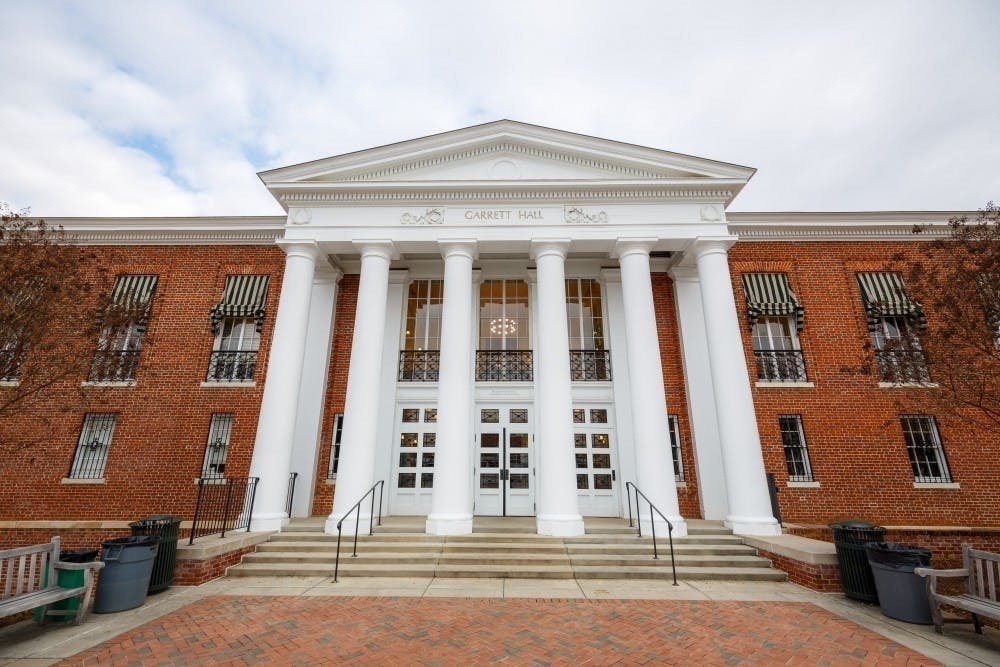The University takes pride in its variety and number of areas of study. The College of Arts and Sciences boasts 50 majors that span from the arts, physical sciences and everything in between, in addition to many interdisciplinary study opportunities. This plethora of opportunities is undoubtedly a contributing factor to why so many students apply to and choose to attend the University. However, if one looks more deeply into the list of majors offered, options become increasingly limited. Several factors of the University’s academic structure – such as highly selective majors and a large number of prerequisites and requirements – disincentivize passion-based learning.
When the spring enrollment period occurred in mid-November, I found myself in the very stressful situation of having to decide what I wanted to major in — or rather what I could major in. While I do not have to declare a major until the end of this year, I still had to decide my future academic plans. I needed to know what I wanted to major in prior to spring enrollment because a decent number of majors require applications and students are not guaranteed a spot in the program. Of course everyone should have a back-up plan — however, that back up plan becomes very limited very quickly. Most of the majors that do not have application processes require a series of pre-requisite classes, some of which are only offered one semester out of the year. Furthermore, there are several basic classes in each major that you cannot enroll in until you have declared that subject as your major or minor.
Additionally, there are classes that fill up fairly quickly and save a certain number of seats for people already in the major of that class. This system is helpful for those students who have declared their major, but it causes problems for others. While many of said classes are prerequisites for schools like the Frank Batten School of Leadership and Public Policy or the McIntire School of Commerce, students who have not declared a certain major often cannot take these classes.
Not only does this difficult and convoluted class and major system cause stress and difficulty when taking classes, but it also removes passion-based learning. If your interest is covered by a major that you have to apply into, the emphasis on a major application system creates an immense amount of stress surrounding this particular subject without even guaranteeing you the opportunity to study what you are passionate about. While I understand the aim of creating more selective programs, at the same time such an academic structure deters students from pursuing what they are interested in and fosters a very competitive environment that is not productive. Instead of having certain majors be limited to extremely selective programs, the University could still have these small programs that you have to apply into, but designate them as honors programs. With standard major programs in addition to a more rigorous honors module, students would have an opportunity to both study what they are passionate about and feel much less pressure. Further, students also would have the opportunity to be a part of an exclusive honors program.
The large number of prerequisites required for certain majors or schools as well as general requirements are also contributing factors to the decrease in passion-based learning at the University. Students are so focused on fulfilling their requirements, whether it be general or major-specific, that there is hardly room to explore different areas of study. One goal of the University’s current academic structure is to produce a "free and collegial exchange of ideas.” However, for many students, the way the University’s academics are organized causes more stress and harm than flow of knowledge.
With the combination of required classes, application-based majors and complications between the two, University students are put under more pressure than necessary and pitted against each other in terms of academics. Through a reworking of academic structure and requirements for certain majors, the University could alleviate a great deal of this stress and continue to instill passion in its students.
Alexandra Shevloff is an opinion columnist for The Cavalier Daily. She can be reached at opinion@cavalierdaily.com.
The opinions expressed in this column are not necessarily those of The Cavalier Daily. Columns represent the views of the authors alone.







